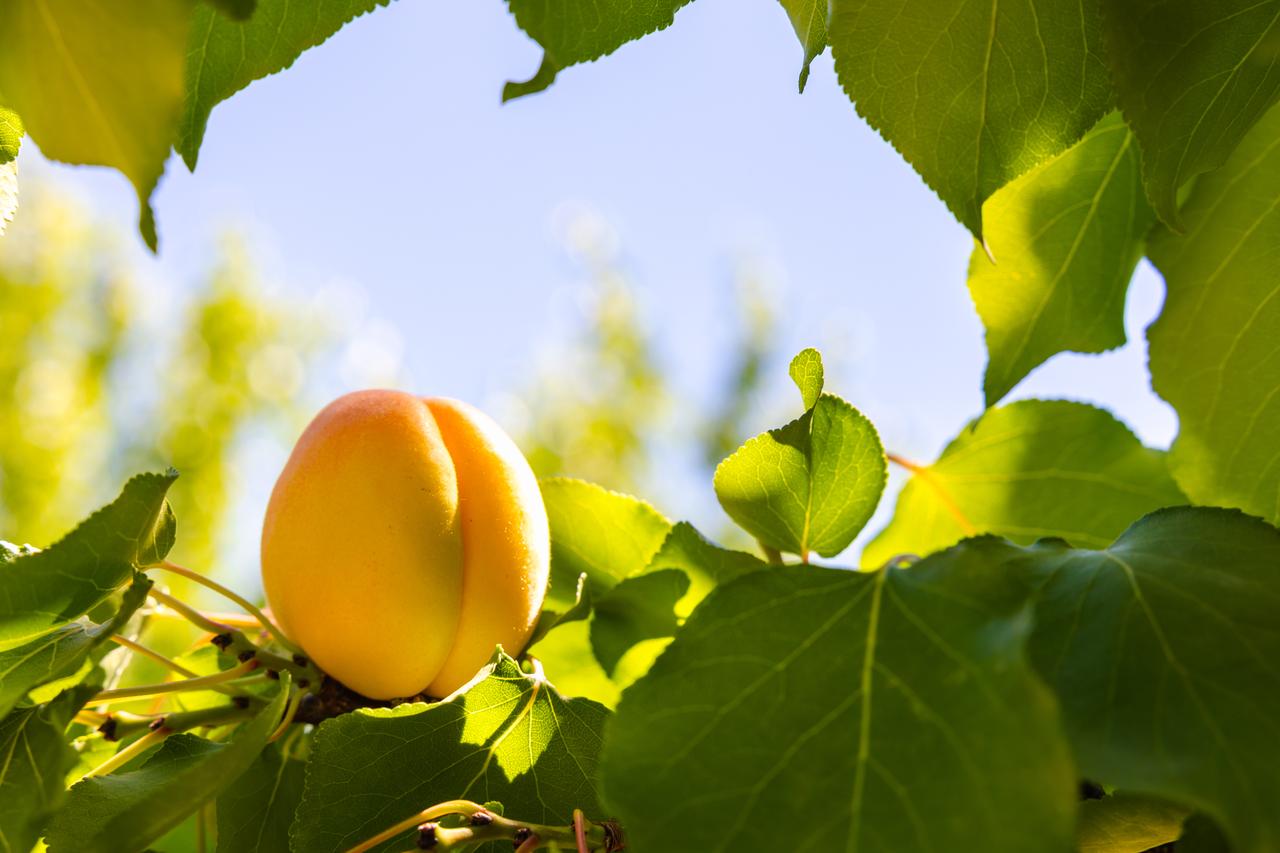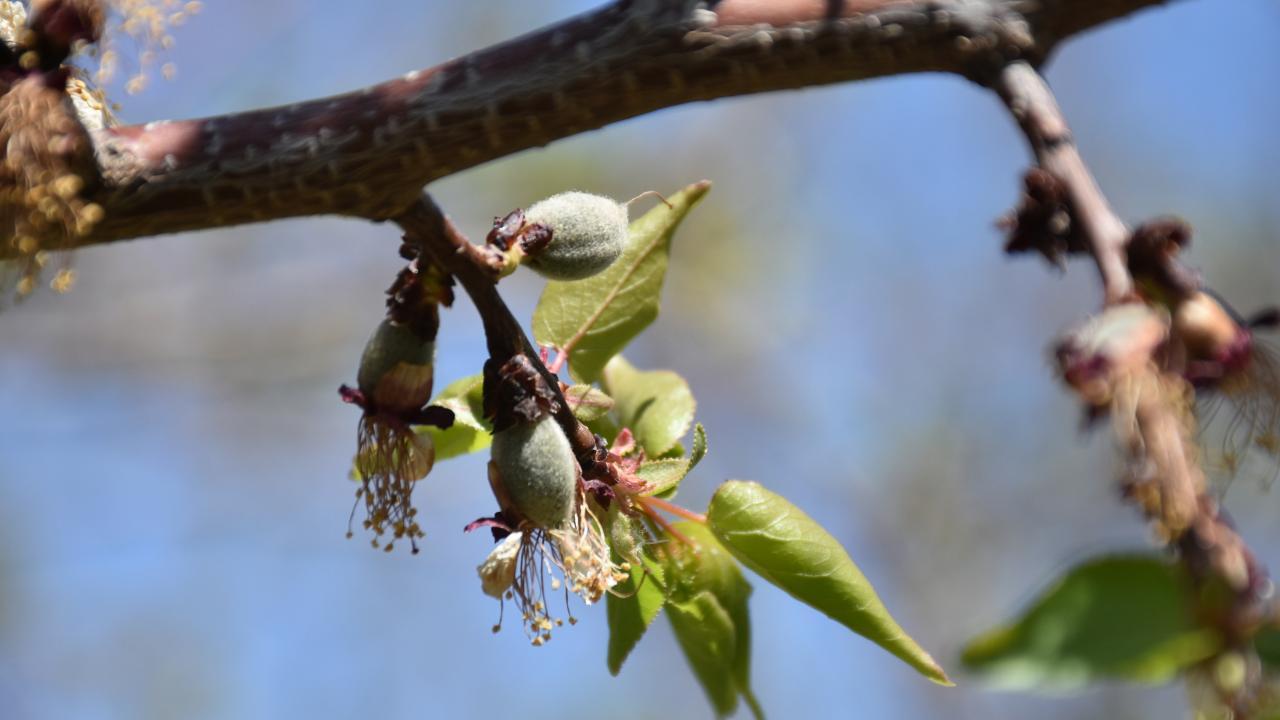
Türkiye is grappling with the aftermath of a severe agricultural disaster after a powerful frost event in April caused widespread damage to fruit crops across the country. Described as the most destructive in the past 30 years, the frost has prompted the Turkish Parliament to form a commission to assess its impact and determine emergency measures.
The frost event, which triggered an abrupt 10°C Celsius (50°C Fahrenheit) temperature drop nationwide, has severely damaged key crops across the country, particularly in central regions.
Lawmakers heard testimony from agricultural professionals, trade officials, and growers, including Malatya Commodity Exchange Chairman Ramazan Ozcan, who stated that expected fruit production has dropped from 28 million tons to an estimated 21 million tons this year.
Apricots, in particular, were heavily impacted, Ozcan noted, pointing out that Türkiye typically accounts for 20% of global fresh apricot production, but annual yield projections have declined sharply in recent years, from 170,000 tons to 70,000 tons, due to recurring climate shocks.
He also reported that this year’s maintenance costs for trees have doubled following the damage.
Manisa Commodity Exchange Chairman Sadik Ozkasap reported a similar situation in the country’s key grape-producing region.
He said that despite initially high expectations for the season, the region faced two consecutive frost waves. As a result, anticipated grape yields dropped from over 300,000 tons to a range of just 125,000 to 150,000 tons.

The head of the Chamber of Agricultural Engineers, Baki Remzi Suicmez, outlined a set of recovery strategies currently being promoted by the Ministry of Agriculture and Forestry.
These include pruning to help trees recover, carefully timed irrigation, targeted fertilization, and early pest control. He also pointed to the rising financial burden on farmers, citing figures from the Banking Regulation and Supervision Agency (BRSA) that show producers hold ₺986 billion ($25.01 billion) in total credit, with ₺6 billion in default.
Suicmez called for agricultural loan payments to be deferred or rescheduled, especially for small and medium-sized producers. He also urged the government to announce a new agricultural economic support package to ensure that growers can continue production in the coming seasons.
Without such support, he warned, Türkiye may face further food price increases, reduced export earnings, and long-term damage to its agricultural sector.
According to early data from the Turkish Statistical Institute, fruit output is projected to fall by 24.4% in 2025, with notable drops across cherries, apples, peaches, grapes, and various nuts.
The Central Bank of the Republic of Türkiye (CBRT) has raised its 2025 food inflation forecast to 26.5%, citing the frost’s impact as a key risk factor.